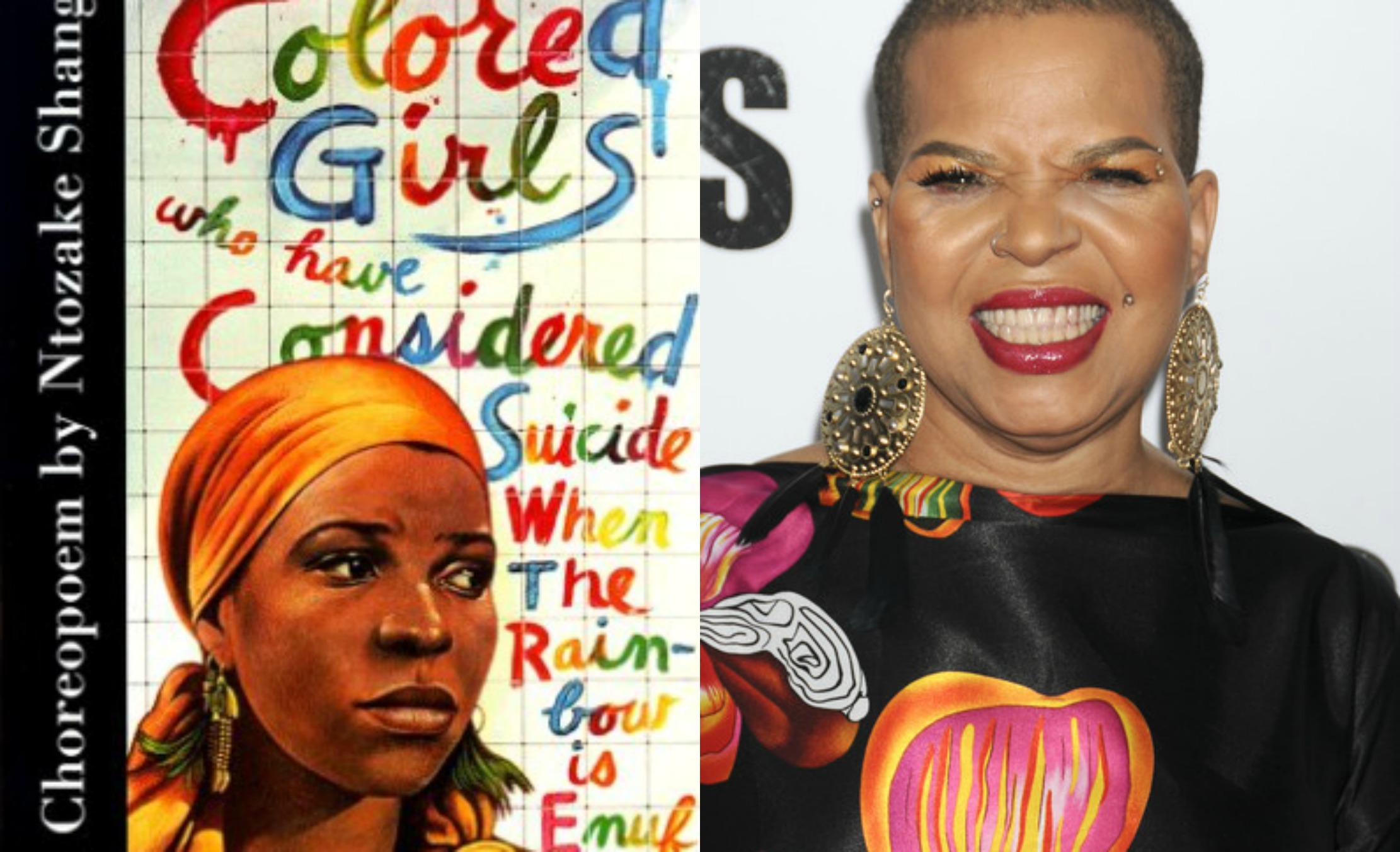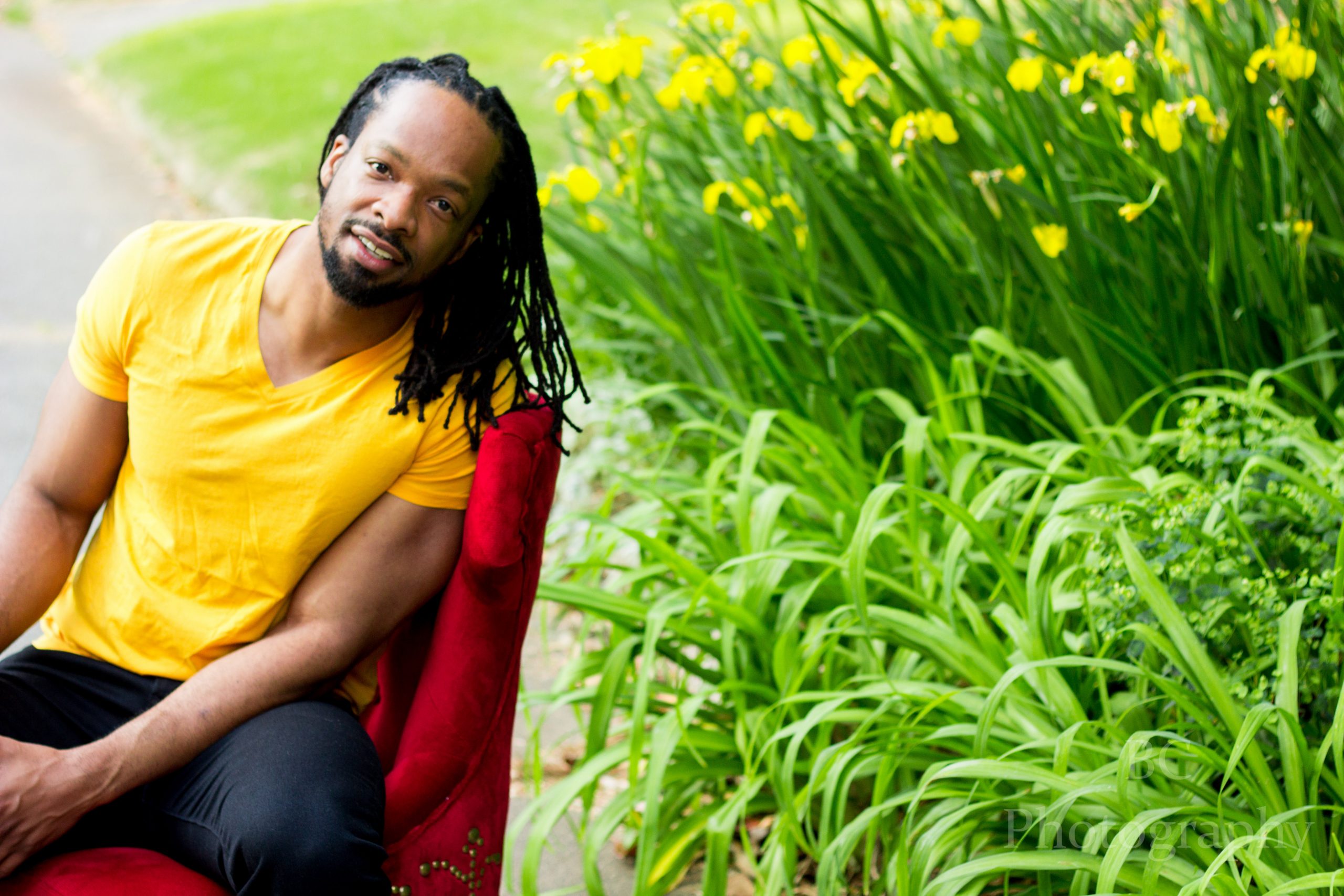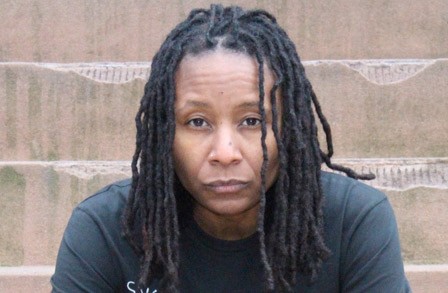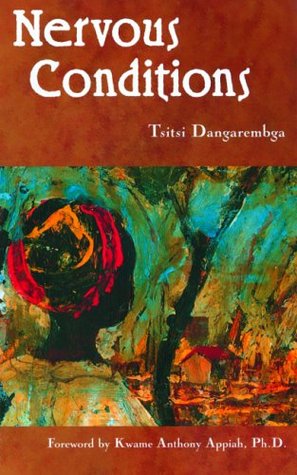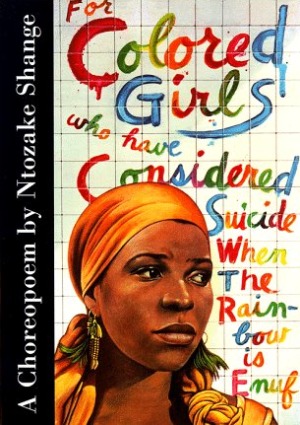 by Ann Kowal Smith + Rachel Burstein
by Ann Kowal Smith + Rachel Burstein
This post was originally published on the Books@Work blog.
Reading, writing and discussing poetry has the power to open windows in life-changing ways, giving readers the freedom to tell their own stories and view themselves as capable learners and contributors. Our current partnership with the East Cleveland Municipal Court and From Lemons to Lemonade (FL2L) bring Books@Work to a group of single mothers and other women whose lives rarely afford them the opportunity to read, let alone reflect.
The majority of the women in the group have suffered extraordinary personal hardships; they often struggle to provide for their children. But these women’s stories don’t have to end there; with the right support, single mothers and other women finding themselves in difficult circumstances can build community and face life’s challenges together. This is the governing philosophy behind FL2L, and avowed cycle-breaker Judge William Dawson’s approach to sentencing at the East Cleveland Municipal Court.
In the fall of 2014 Books@Work launched a partnership with FL2L and the Court with generous funding from the Eva L. and Joseph M. Bruening Foundation, the Bronfman Youth Fellowships Alumni Venture Fund and an individual donor. Since January, Professor Michelle Rankins of Cuyahoga Community College, Cleveland State University and other area colleges has facilitated a conversation with the women in the group around Ntozake Shange’s For Colored Girls Who Have Considered Suicide/When the Rainbow is Enuf.
Part poem, part play, part choreographed dance, For Colored Girls is a deep and powerful examination of the experience of being a woman of color. The book weaves the stories of seven different women — named for the colors they wear — across 20 different poems. The text examines such topics as rape, abuse, abortion, sexually transmitted disease, and other themes and experiences that are typically taboo.
For Colored Girls resonated deeply with participants, as they were able to see their own stories in the characters in Shange’s work, allowing the text to suggest a path forward, with a degree of healing.
One woman reports, “We read something in the book about one of the women who was just giving herself to men and just she felt dirty inside. She was just giving herself away just because she wanted to feel loved. It was my ‘aha’ moment, like okay, well maybe that is the reason why I stuck with a person that I didn’t have to stick with.”
Another participant comments, “There’s a story where the girl is basically speaking about how she’s learning herself, don’t really need a man to define her and that stuck with me. I’m like, ‘Yeah I don’t need a man to define me.’”
Professor Rankins’ poetry writing prompts, and the experience of reading the work aloud with one another, also empowered the women in the group to tell their own stories, and to see themselves as part of a longer and larger narrative tradition. The practice of writing has had a profound influence on many who continue to write on their own, beyond the sessions at the Court.
One woman explains that the experience of reading, discussing and writing, “helped me to now I’m to the point where I can actually speak to someone without me being just so snappy. It really has. Made me write it.” Now, “Instead of [getting angry], I just write and I let it go.”
Another woman says that “the poems we actually wrote, it made me feel better about myself when I left here. I’m reading it in the car and [thinking], ‘You know what? I am strong.’… Sometimes you need that, to just tell yourself.”
The Books@Work program at the East Cleveland Municipal Court reminds us that guided discussion around serious literature can be much more than an intellectual exercise.
As Frechic Dickson, the founder and President of FL2L explains, “We are serving a group of people who have been through such emotional and traumatic experiences – it’s hard for them to say, ‘My name is so-and-so and this is what happened to me.’ If you give them an opportunity through poetry [to say,] ‘I feel this,’ or ‘I remember this,’ they identify those lines with events in their lives. It makes it artistic rather than transparent.”
The women who attend the FL2L life skills program at the East Cleveland Municipal Court aren’t typical Books@Work participants. They are united not by a common employer, but instead by their involvement in the criminal justice system. As the name suggests, FL2L seeks to turn the negative — sometimes violent — acts committed by the participants into an opportunity for real and substantive personal and community change. Books, and the critical discussion that emerges from reading and reflecting on those texts with peers and a professor, change the way that participants at the East Cleveland Municipal Court view themselves, their communities, and their potential for future success.
Ann Kowal Smith is Executive Director of That Can Be Me, Inc., facilitator of Books@Work. Rachel Burstein is the Academic Director of That Can Be Me, Inc., facilitator of Books@Work.
